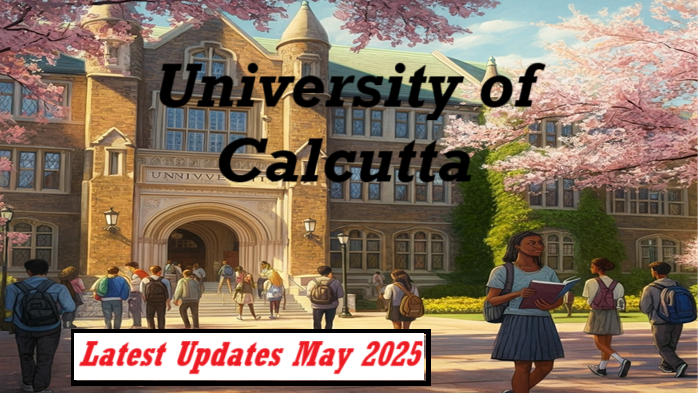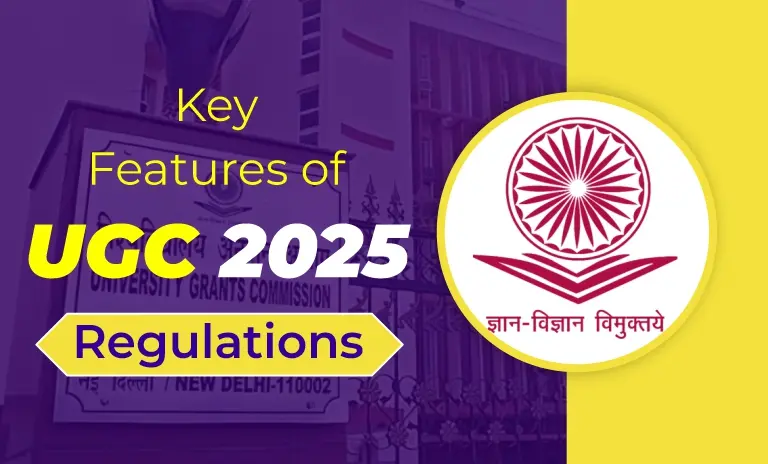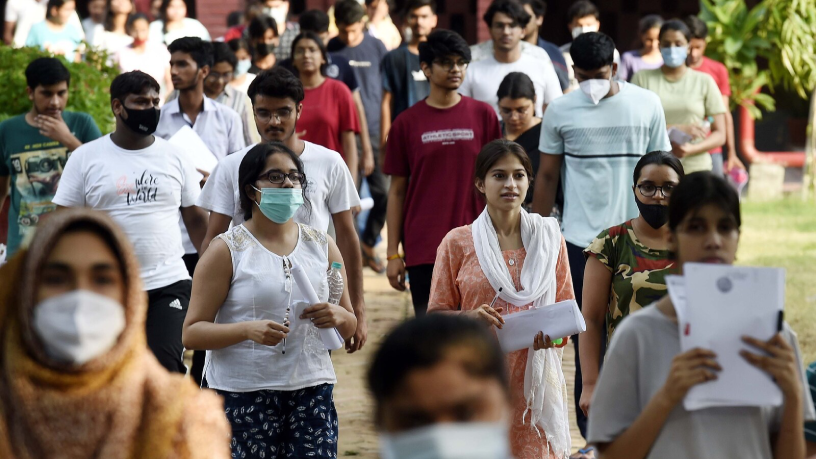
Updated: December 18, 2023, 10:25 AM IST
UGC Notifies Foreign Higher Education with New Rules: The University Grants Commission (UGC), acting under the powers vested in it by the UGC Act, 1956 (as amended), has unveiled two pivotal regulations to govern the operations of foreign higher education institutions in India. The regulations, titled ‘University Grants Commission (Academic Collaboration between Indian and Foreign Higher Education Institutions – Twinning Programme, Joint Degree, and Dual Degree Programmes) Regulations, 2022‘ and ‘University Grants Commission (Setting up and Operation of Campuses of Foreign Higher Educational Institutions in India) Regulations, 2023,’ signal a new era in the oversight of collaborations between Indian and foreign educational entities.
Approval Mandate and Prohibition on Franchise Arrangements
The first of the two regulations, ‘University Grants Commission (Academic Collaboration between Indian and Foreign Higher Education Institutions) Regulations, 2022,’ establishes a framework for Twinning Programmes, Joint Degrees, and Dual Degree Programmes. A pivotal requirement is that Foreign Higher Educational Institutions can only offer programs in India after obtaining prior approval from the UGC. This marks a significant shift in ensuring academic collaborations meet stringent quality standards.
Furthermore, the regulations forbid Higher Education Institutions (HEIs) from offering programs under any franchise arrangement. The UGC emphasized that the Commission would not recognize degrees issued due to such collaboration. Commissionove comes in response to the observed trend of HEIs entering into agreements with foreign-based educational institutions not recognized by the UGC. This leads to the issuance of degrees that need more official recognition.
Stringent Measures Against Unrecognized Collaborations
Expressing concern over the proliferation of unrecognized collaborations, the UGC announced that any collaborative arrangement with foreign educational institutions not recognized by the Commission is invalid. Consequently, the UGC will not recognize degrees issued under such agreements. This strict stance is designed to curb the practice of HEIs facilitating degrees from foreign-based educational institutions without the necessary approvals.
Crackdown on EdTech Companies and Online Degrees
The UGC notice also sheds light on a growing concern related to EdTech companies advertising degree and diploma programs online in association with foreign universities or institutions. It is contractually stated that any franchise arrangement for online programs is impermissible, and such degrees will not receive UGC recognition. The notice explicitly warns EdTech companies engaged in such practices, indicating that appropriate legal action will be taken against defaulters.
Cautionary Advisory to Students and the General Public
The UGC issued a cautionary advisory to protect students and the general public from unscrupulous collaborations. It emphasizes that courses, programs, and degrees offered through associations lacking UGC recognition pose risks to individuals. Students are urged to exercise due caution and be aware that undertaking such courses could have consequences, as these degrees will not carry the official stamp of approval from the UGC.
Legal Consequences for Defaulting EdTech Companies and HEIs
The UGC has taken a strong stance by warning that legal action will be initiated against EdTech companies found promoting programs in collaboration with foreign institutions without UGC recognition. Higher Education Institutions involved in such arrangements will also face legal consequences under applicable laws, rules, and regulations. This underscores the gravity of the UGC’s commitment to maintaining the integrity and credibility of higher education in India.
The UGC’s introduction of these regulations marks a significant step towards regulating collaborations between Indian and foreign higher education institutions. The UGC aims to protect students’ interests and uphold the credibility of degrees conferred within the country by enforcing stringent approval processes and cracking down on unrecognized associations. The move is expected to bring about a positive transformation in the higher education landscape, ensuring that academic collaborations adhere to the highest standards of quality and legitimacy.



